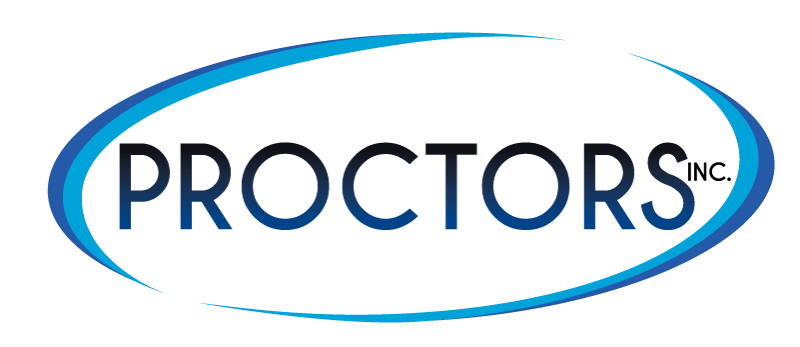Even where misconduct at work is stringently managed, organizations and educational institutions should not underestimate the importance of conducting an ethical audit to work on quality control, consistency, and accountability.
An audit is the best way to illuminate the gaps and the corrective action needed to maintain a consistent testing program.
An ethical audit is a full inspection/examination of processes and Proctor procedures to ensure a consistent and standardized experience. It is an investigation into how well, or poorly a Proctor is representing, out in the field.
An effective audit is designed for an Auditor to experience the process and glean how effective the Proctors are at relaying the core values and how well they implement policies and procedures during the test. Such an audit allows a snapshot of how closely a Proctor follows the rules, as well as how far they comply with policies and ethical standards.
Ethics and compliance in proctoring are so deeply intertwined. The combination of behavior and compliance is key. In many cases, compliance problems stem from ethical lapses, although a Proctor may be fully compliant yet still engage in unethical practices.
That is why many organizations and ethical institutions conduct ethical audits. Conducting an ethical audit can be crucial in the detection of any impropriety that would otherwise go unchecked. This can include uncovering a myriad of situations that could be prevented by putting a system of accountability in place.
The ethical audit is not only to ensure that prohibited practices do not take place on test day, but behaviors advocated in an organizations code of conduct, and within its written policies and procedures, actually exist in practice.
Ethics and Integrity is the choice between what’s convenient and what’s right. Reinforcing good execution and behavior of any organization relies on an Auditor to confront poor execution and behavior and endorse proper and conforming behavior, and not simply “look the other way” when pressured from above or by budget. If you wish to perform a value-added service with your audits and reports, you have a duty to utilize ethical practices in your audits, for the good of your own reputation, and the good of the company paying you to audit their work.
Ethics is a personal choice, it’s a personal compass that dictates right from wrong but unfortunately, it’s not always common sense. Being an Auditor, they may face situations where reporting bad behavior may not be what the client wants to hear. The issue stems from a bias in the industry that is hard to avoid. The people who asked for the audit are paying for the audit and therefore hold perceived power over the Auditor. Therefore, an Auditor should never show favoritism to any Certification Body to produce favorable results for fear that client will jump ship to another provider. While this is an industry norm, it still produces scenarios where the potential for “letting something slide” is easily allowed. This, however, is not ethical and tarnishes the whole perceived image of certified entities.
To be a successful Auditor, they must be fair and trustworthy, and willing to give the true depiction of the facts versus being popular. They must have the ability to push through difficult situations and then work with people in a constructive manner.
Being honest should be any professional Auditor’s and Proctor’s core values. Being honest is the foundation of professional proctoring and the only way to survive in a security-based industry.
A good Auditor will always look thoroughly into the matter before forming any opinion, clearing any biases, and not allowing experience to cloud judgment. While all bias cannot be removed due to the transactional relationship it is imperative the Auditor remain neutral. To have true success at the audit, it is essential to maintain a low key, minimal impact on the testing procedures to get a true picture of how the Proctor operates. This is where educational institutions, and certification bodies will have the opportunity to get an on-site view of what happens when they are not there. If the Proctor and candidates aren’t exposing the true nature of their shortcomings, they will not be able to get to the root of the issues.
An Auditor only has a limited amount of time to sample the largest picture possible of the test day and evaluate if the Proctor is successfully following the requirements and standards of the institution they are representing. Objectivity and organization are the pathway to a successful audit. By having a specific set of expectations and objectives and a focused approach, the Auditor can put the best foot forward on gleaning as much information as possible.
If you are ready to audit your exam process, Proctors, Inc. can connect you with professional test site Auditors to work with you to develop the auditing tools needed for evaluating your exam administrations, as well as the effectiveness of the security surrounding your exams. Whether un-announced or announced, our Auditors provide an objective view of your test day from start to finish.
By having Proctors, Inc. connect you with your third-party Auditor, they will illuminate areas for accountability, and offer solutions for change. An audit is an opportunity for improvement and when orchestrated properly is an effective tool.

